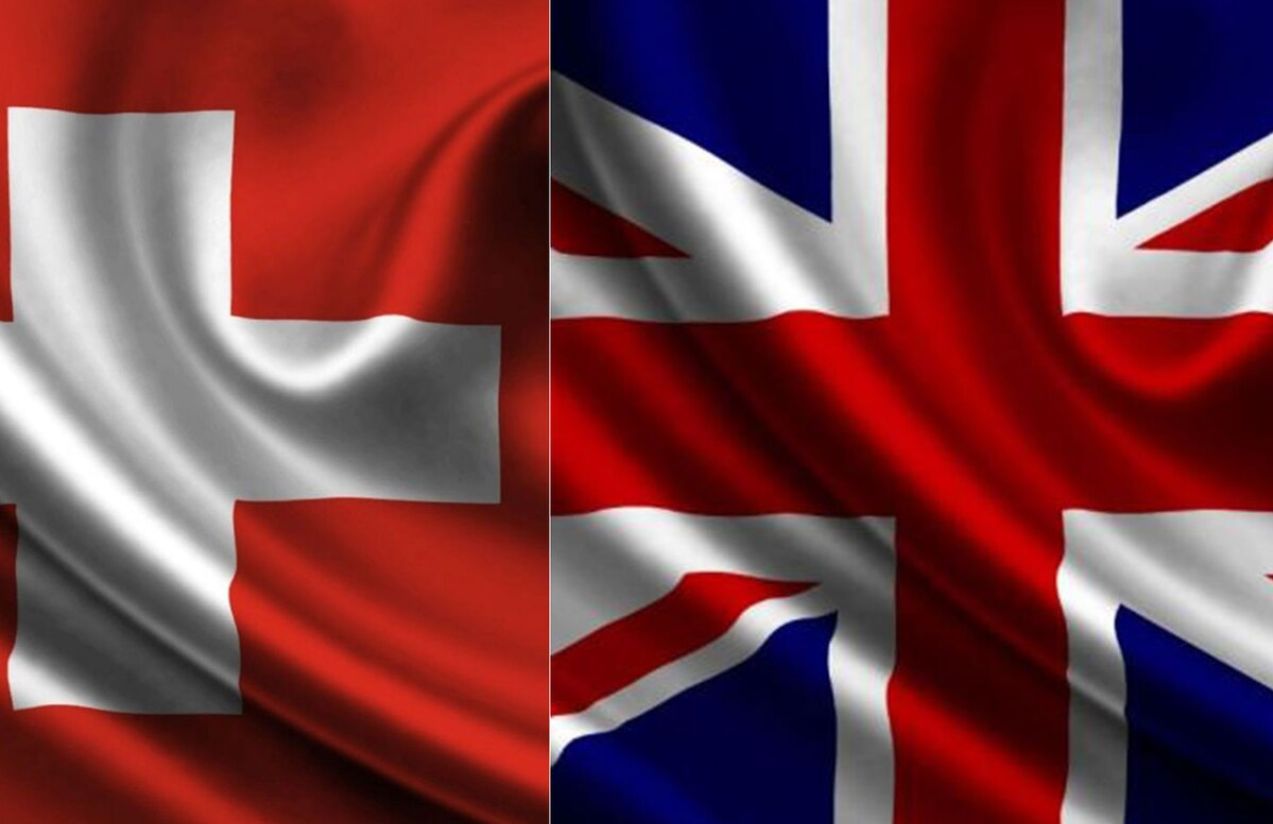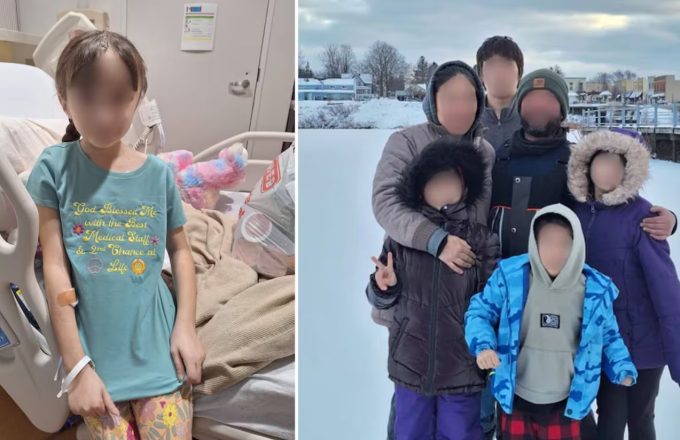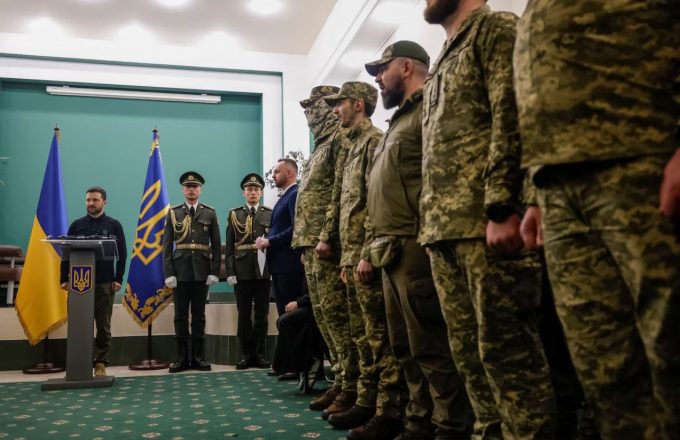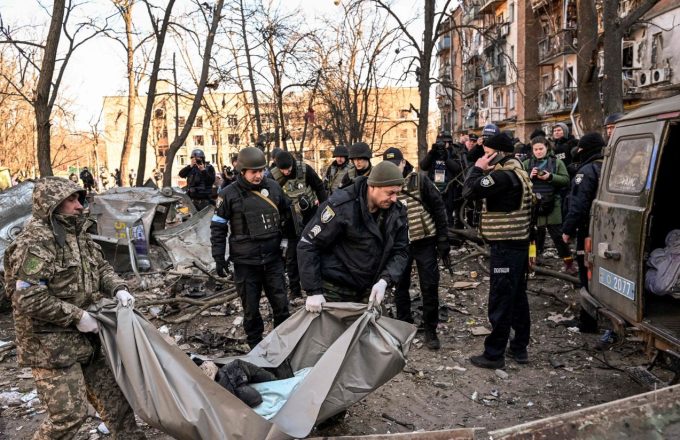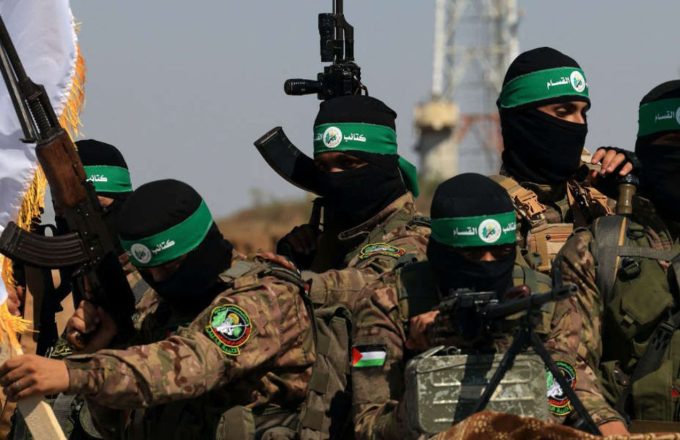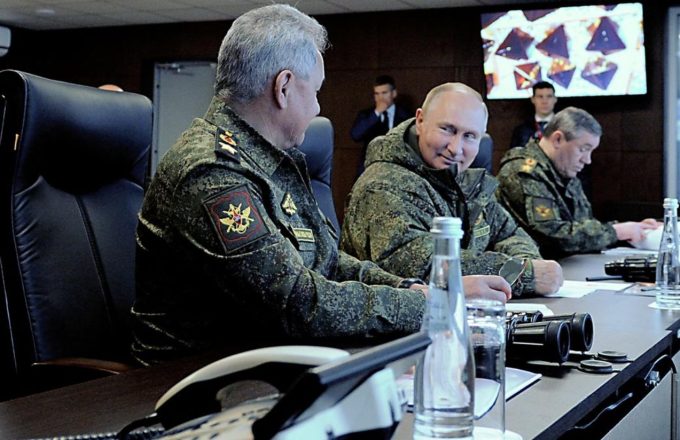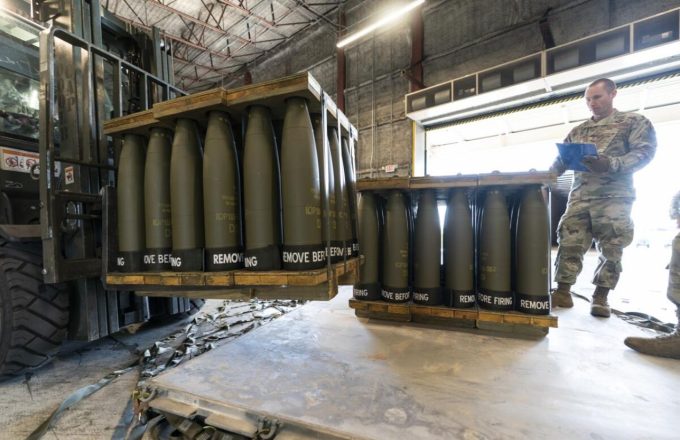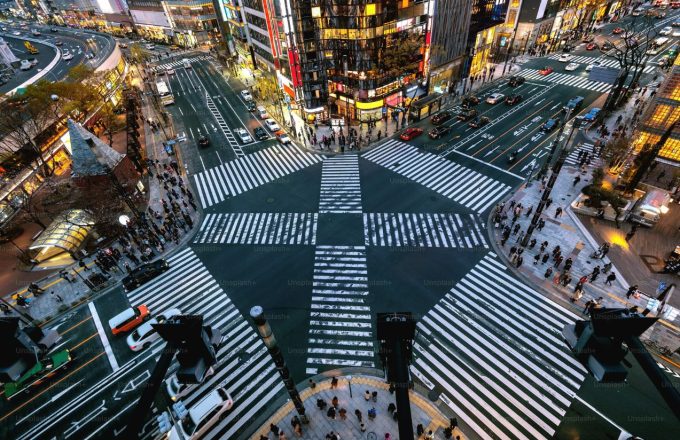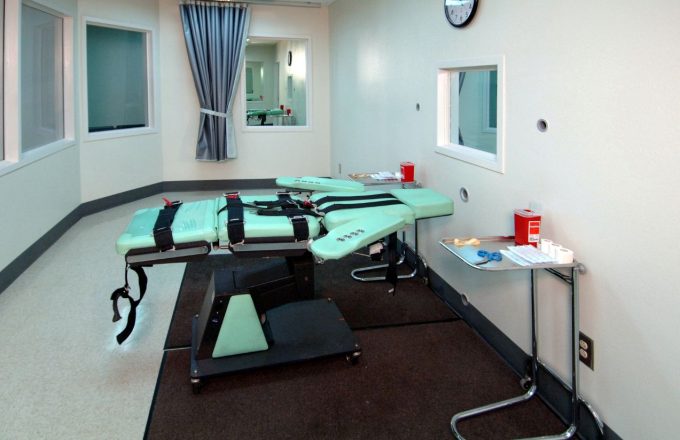Swedish Foreign Minister Maria Malmer Stenergard said on Monday that her country does not rule out sending peacekeeping troops to Ukraine once a negotiated end to the war is reached.
“First, we must achieve a just and lasting peace that respects international law and ensures that Russia cannot rearm and attack Ukraine or any other country again in the future. Once peace is established, it must be maintained, and in that regard, our government does not rule out any options,” Stenergard told Sweden’s public radio.
Her statements come after UK Prime Minister Keir Starmer expressed his willingness to send British troops to Ukraine as part of an effort to strengthen security in the region. In an article for The Telegraph, Starmer stated, “The UK is ready to lead and accelerate work on security guarantees for Ukraine. This includes increased support for the Ukrainian military and, if necessary, the deployment of British troops on the ground.”
Meanwhile, Norwegian Prime Minister Jonas Gahr Støre took a more cautious stance, stating that it is still too early to discuss troop deployments. “We cannot yet draw conclusions on how security guarantees should be structured and what kind of contributions will be needed,” he told NRK radio.
The debate over European security is intensifying in a context where former U.S. President Donald Trump has announced his intention to negotiate directly with Russian President Vladimir Putin to end the war in Ukraine—without including Kyiv or European allies in the discussions.
On Monday, leaders from major European countries will meet in Paris to discuss the situation in Ukraine and the continent’s security. The emergency summit, convened by French President Emmanuel Macron, will include representatives from Germany, Poland, Italy, Denmark, and the United Kingdom, as well as European Council President António Costa, European Commission President Ursula von der Leyen, and NATO Secretary General Mark Rutte.
The meeting takes on particular significance following Trump’s remarks about his talks with Putin, which have sparked concerns in Europe about being sidelined in negotiations over Ukraine’s future. During the recent Munich Security Conference, Trump’s special envoy for Ukraine, Keith Kellogg, suggested that European nations might not play a central role in peace talks, further straining transatlantic relations.
For his part, French Foreign Minister Jean-Noël Barrot reaffirmed his country’s stance: “Only the Ukrainians can decide when to stop fighting, and we will support them as long as they make that decision.” He also emphasized that Ukraine will not halt its resistance until it receives solid security guarantees and peace conditions that ensure a stable future.


